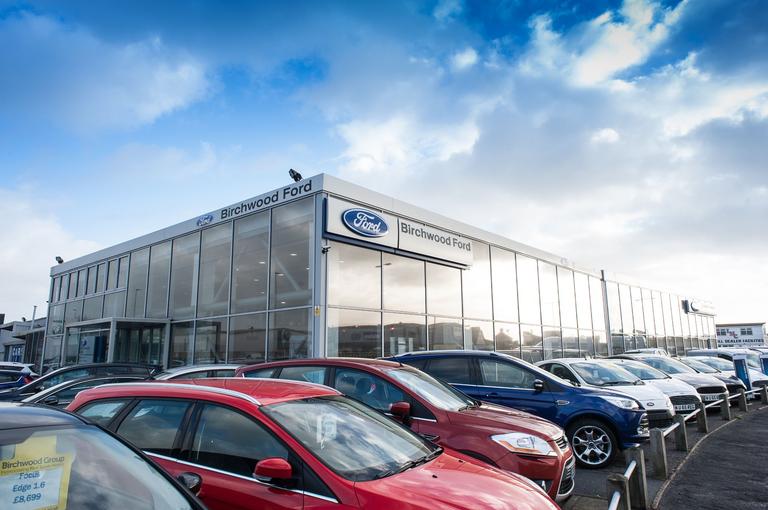 A couple of years ago, consumer champion Martin Lewis
A couple of years ago, consumer champion Martin Lewis
criticised Carol Vorderman for advertising a consolidation loan.
His attack was out of proportion in my opinion – why not educate
consumers about the reality of consolidation loans and let them
decide for themselves, rather than describe them as dangerous and
dismiss them out of hand?
Now it seems the ‘experts’ are
moving their attention to car finance. On BBC 1’s Rip-Off
Britain on 25 November, a couple bought a used car that broke
down shortly after sale. Advice from the OFT meant that the buyers
sold the car at a loss instead of rejecting it, handing it back,
and getting their money refunded. The dealer said it was the
buyer’s problem once the car was driven away.
When confronted with this problem –
one of 38,000 received by the OFT against dealers in the first half
of 2010 – an RMIF representative said that this was just a small
number compared to the 9m used cars sold each year.
By my reckoning, 6.3m cars changed
hands, and many of these were not via dealers.
Also, given that many people don’t
know they can complain to the OFT, the number of complaints that
get through is significant.
Next on Rip-Off Britain, a
car buyer was given a flat rate on HP finance, and believed it to
be the APR – which it wasn’t. The RMIF’s Paul Williams said that,
by law, the contract had to state the flat rate and the APR – I
seem to remember it only being obliged to give the APR.
How well do you really know your competitors?
Access the most comprehensive Company Profiles on the market, powered by GlobalData. Save hours of research. Gain competitive edge.

Thank you!
Your download email will arrive shortly
Not ready to buy yet? Download a free sample
We are confident about the unique quality of our Company Profiles. However, we want you to make the most beneficial decision for your business, so we offer a free sample that you can download by submitting the below form
By GlobalDataEd Bowsher, of lovemoney.com, then
explained flat rate by saying that you paid the same amount of
interest every year, which was repeated by Angela Rippon.
That is the way the amount of
interest is calculated – but it’s not the way the loan works. It
operates in the same way as all loans; early payments contain more
interest than capital repayment, with the ratio changing following
each payment.
This wrong advice could encourage
people to look for ‘APR loans’ rather than ‘flat rate loans’. The
buyer saw an APR of 20.9% on the documents and rejected the deal as
he felt he’d been misled. Indeed he had, because, unless there were
some huge charges built in, no way is 20.9% APR 7% flat.
He was then told he couldn’t get
his deposit back, although he could search for finance elsewhere.
No one explained that this was a linked transaction, and
cancellation of one meant he could cancel the other, especially as
the contract hadn’t been executed.
Then there was the deposit payment
on credit card and the section 75 position. The customer was
offered finance by the dealer, which he accepted at 15.9%, which he
said was more like the rate he wanted to pay. But 7% flat equals an
APR of 13.6%, so the 15.9% would allow for the 7% flat, a doc fee
of £230 and an option to purchase fee of £75.
The customer has been had – not helped by inaccurate advice from
the BBC. Will the new
EU Consumer Credit Directive help to make customers more aware of
what they are signing? I doubt it – we need more education.







